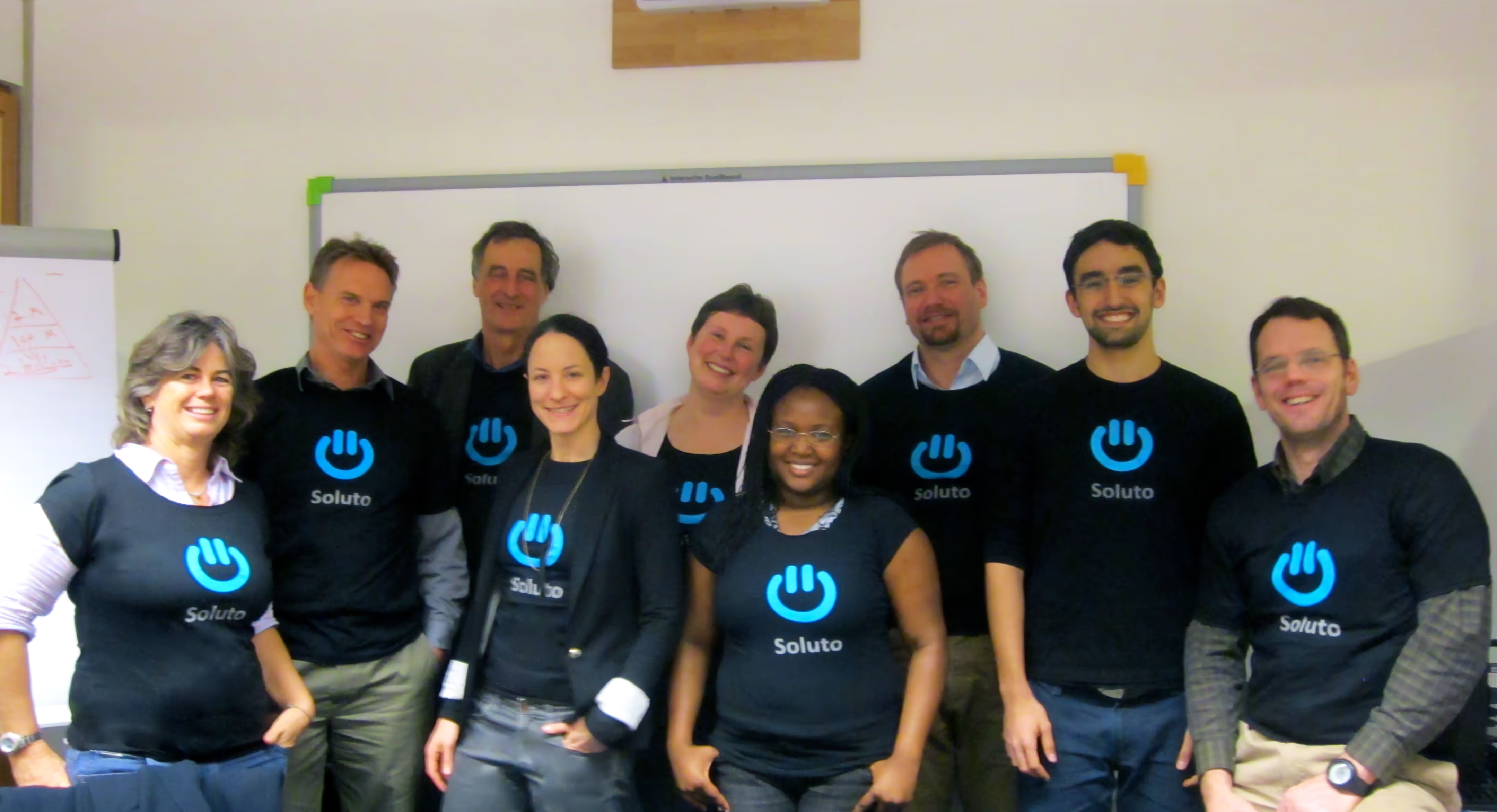The ‘stepping strategy’ of the Humanitarian Genome project

By Dr. Liesbet Heyse &; Chamutal Eitam- University of Groningen
“It is better to take many small steps in the right direction than to make a great leap forward only to stuble backward”

This old Chines proverb expresses the ‘stepping strategy’ of the Humanitarian Genome project. On 30 November 2011, the Humanitarian Genome project team met for the first time for a kick-off workshop in Geneva. Although the project will officially start in January 2013, all participants were eager to meet prior to the official start in order to prepare its grounds and to create a moment for collective reflection. The main goals of the meeting were to create a shared mind-set of the goals and outputs of the project, to identify the first and most important steps in the project as well as to take stock of, and learn from, past wider sector ICT experiences and other humanitarian sector initiatives identifying some do’s and don’ts for the HG project. World Vision hosted the workshop and provided us all the necessary facilities and brain foods for a stimulating day. The group consisted of:
- the Emergency Capacity Building project (Humanitarian Genome partner) with representatives:
- Jock Baker (Program Quality &; Accountability Coordinator) and Tatenda (intern) from CARE International
- Kevin Savage (Associate Director for Strategy and Organizational Change, Humanitarian Learning and humanitarian Research Co-ordinator) from World Vision
- Elad Mallel (Software Engineer) from ICT partner company Soluto
- Humanitarian Genome project advisors Leonie Barnes (Head of the UN Demining Mission in Darfur))
- Adriaan Ferf (consultant))
- Lars Peter Nissen (director of the ACAPS project) as guest contributor)
- the Humanitarian Genome project managers from the University of Groningen: Liesbet Heyse (Assistant Professor at the Department Sociology) and Chamutal Afek-Eitam (Junior researcher at the Globalization Studies Groningen institute)1
The diverse background and open attitudes of the participants, the wonderful chair(wo)manship of Leonie Barnes, and the fantastic facilitation by World Vision all added to an inspiring and productive workshop! Interestingly, the purposeful inclusion of a diverse range of participants often resulted in consensus regarding the most important issues, two of which were the conducting of an additional ‘customer research’ with an emphasis on target group selection , and a overall ‘small step strategy’ that includes repeated testing and improvement starting with the 1st Humanitarian Genome testing version soon. It was also highly appreciated to being able to learn from the ECB’s experience with their evaluation database and it was resolved that this database should be the starting point of the Humanitarian Genome project. The Humanitarian Genome project managers are very grateful for the (partly in-kind) input of all its partners and advisors. All participants willingly further specified their future contributions and expressed enthusiasm towards the next workshop, which will be probably take place in spring 2013. In the next workshop we hope to present the outcomes of the customer research and a draft of the first 1st Humanitarian Genome version. By then we would have also hoped to meet with, received input and incorporated learnings and experiences from ALNAP representatives, the HIF and other relevant organizations and initiatives. With these small but solid steps, we hope to have climbed and achieved great progress and a useful product by the end of the project!
1Unfortunately, Franziska Orphal of ALNAP could not be present, but ALNAP is interested to further participate in the project.
Stay updated
Sign up for our newsletter to receive regular updates on resources, news, and insights like this. Don’t miss out on important information that can help you stay informed and engaged.
Related articles


.png)
Explore Elrha
Learn more about our mission, the organisations we support, and the resources we provide to drive research and innovation in humanitarian response.